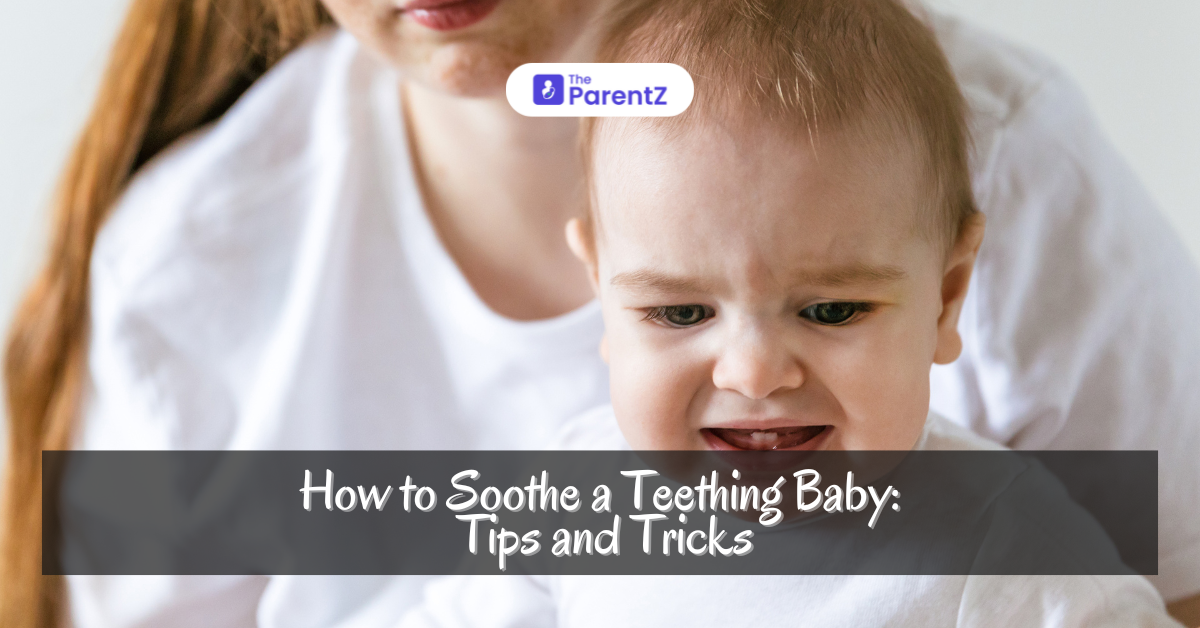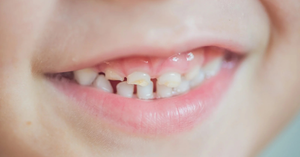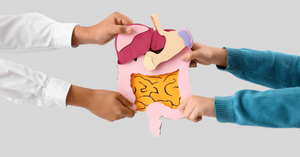Teething is a crucial developmental stage in infants, typically starting around six months of age and continuing until the age of three. This process, often termed “sore teething,” can be a challenging period for both babies and their caregivers. Understanding the problems associated with sore teething and effective management strategies can significantly ease this phase.
Problems Associated with Sore Teething
1. Pain and Discomfort
One of the most common issues during sore teething is pain and discomfort. As teeth erupt through the gums, they cause inflammation and tenderness, leading to significant discomfort.
2. Irritability and Restlessness
Due to the pain and discomfort, babies often become irritable and restless. They may cry more frequently, have difficulty sleeping, and exhibit increased fussiness during this period.
3. Drooling
Increased saliva production is another symptom of sore teething. Excessive drooling can lead to skin irritation around the mouth and chin, potentially causing rashes.
4. Biting and Chewing
To alleviate the discomfort, teething babies tend to bite and chew on various objects. While this provides temporary relief, it can pose a risk of choking if small objects are ingested.
5. Swollen Gums
The pressure of emerging teeth causes the gums to swell and become sensitive. This swelling can make eating and drinking uncomfortable for the baby.
6. Sleep Disturbances
Sore teething can disrupt sleep patterns. The pain often intensifies at night, making it harder for babies to fall asleep and stay asleep.
Management Modalities for Sore Teething
1. Teething Toys and Rings
Providing teething toys and rings can be highly effective. These items are designed to be chewed on, which can help massage the gums and provide relief from the discomfort associated with sore teething.
2. Cold Compresses
Cold compresses or chilled teething rings can help reduce gum inflammation and numb the pain. Ensure the items are clean and not too cold to avoid causing further discomfort.
3. Pain Relievers
Over-the-counter pain relievers like acetaminophen or ibuprofen can be used, but only under the guidance of a pediatrician. These medications can help manage severe pain and reduce inflammation.
4. Gently Massaging the Gums
Using a clean finger to gently massage the baby’s gums can provide temporary relief from sore teething. This action can help break down the gum tissue and ease the pain of the erupting teeth.
5. Maintaining Oral Hygiene
Even though babies don’t have many teeth during the teething phase, maintaining oral hygiene is crucial. Clean the baby’s gums with a damp cloth and start brushing their teeth as soon as they appear to prevent infections and promote overall dental health.
6. Providing Safe Objects to Chew
Offering the baby safe objects to chew on, such as a clean washcloth or a soft teething ring, can help manage the urge to bite. Avoid hard or small objects that could break apart or pose a choking hazard.
Conclusion
Sore teething is a natural yet challenging phase in a baby’s development. By understanding the problems associated with sore teething and implementing effective management strategies, caregivers can help alleviate discomfort and support their baby’s oral health. Regular consultation with a pediatrician or pediatric dentist is essential to ensure that teething progresses smoothly and any concerns are promptly addressed.









Be the first one to comment on this story.